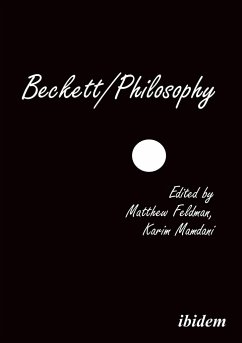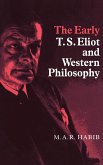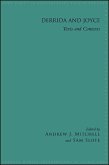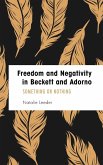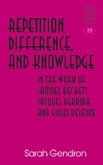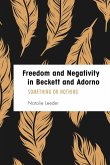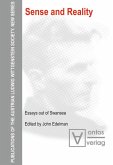This collection of essays, most of which return to or renew something of an empirical or archival approach to the issues, represents the most comprehensive analysis of Beckett`s relationship to philosophy in print, how philosophical issues, conundrums, and themes play out amid narrative intricacies. The volume is thus both an astonishingly comprehensive overview and a series of detailed readings of the intersection between philosophical texts and Samuel Beckett`s oeuvre, offered by a plurality of voices and bookended by an historical introduction and a thematic conclusion.?S. E. Gontarski, Journal of Beckett Studies
This is an important contribution to ongoing attempts to understand the relationship of Beckett`s work to philosophy. It breaks some new ground, and helps us to consider not only how Beckett made use of philosophy but how his own thought might be understood philosophical.(Anthony Uhlmann, University of Western Sydney)
This is an important contribution to ongoing attempts to understand the relationship of Beckett`s work to philosophy. It breaks some new ground, and helps us to consider not only how Beckett made use of philosophy but how his own thought might be understood philosophical.(Anthony Uhlmann, University of Western Sydney)
With the increased availability of archival documents, including the 266 folio pages (recto and verso) of the philosophy notebooks held at Trinity College Dublin, Beckett criticism has been greatly enhanced, and sometimes chastened, by genetic scholarship, as this anthology [ ] attests.?Andre Furlani in Modernism/Modernity

